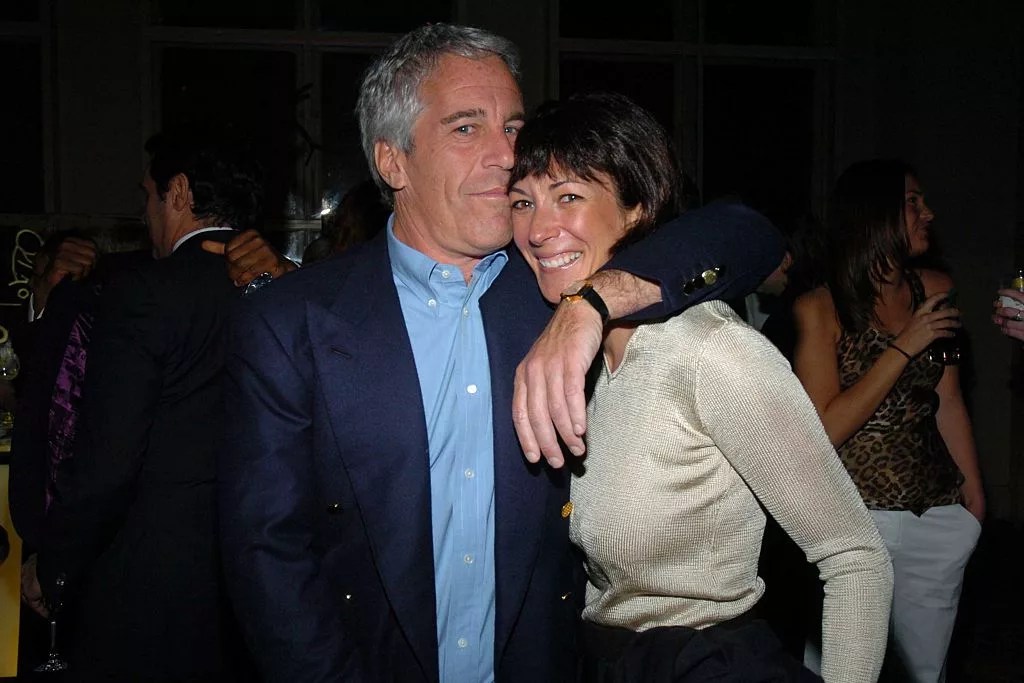Florida — A federal judge has rejected a push by Trump-aligned lawyers to unseal decades-old grand jury records tied to Jeffrey Epstein’s Florida criminal case, delivering a blow to ongoing efforts by political operatives seeking to dredge up sealed testimony to vindicate conspiracy theories involving the late financier.
The decision, handed down Tuesday in the U.S. District Court for the Southern District of Florida, underscores the judiciary’s long-standing commitment to protecting grand jury secrecy, despite mounting political pressure to expose dormant records from Epstein’s 2005–2007 prosecution. The motion, spearheaded by attorneys aligned with Donald Trump’s legal network, argued that the transcripts could contain information relevant to Epstein’s alleged ties with powerful individuals — including unproven allegations circulating in far-right media ecosystems about compromising material involving the former president.
But the court dismissed those arguments, ruling that none of the exceptional circumstances required to breach grand jury confidentiality were satisfied. Judge Kenneth Marra wrote that the parties had failed to demonstrate any “compelling or particularized need” to override federal secrecy laws.
The request targeted proceedings from a grand jury impaneled nearly 20 years ago in Palm Beach County, which ultimately produced a single indictment against Epstein for solicitation of a minor — charges that many critics, including Trump’s detractors, say fell wildly short of justice. Still, the release of grand jury material, especially from such high-profile cases, is rarely granted without overwhelming public interest and legal necessity.
While Trump himself was not named in the original Florida indictment, his long-standing acquaintance with Epstein — including social gatherings and appearances in old flight logs — has fueled speculation from both supporters and opponents. Trump’s legal surrogates had leaned on these unresolved questions as justification to breach judicial protocol and release sealed records.
Legal experts were quick to note the precedent at stake. “The grand jury process hinges on the promise of secrecy,” said former U.S. prosecutor Elie Honig. “Unsealing transcripts retroactively because of political curiosity would erode that foundation.”
Notably, this is not the first time federal courts have been asked to crack open Epstein’s sealed records. Multiple civil suits, including those pursued by Epstein’s survivors, have previously sought access to investigative files, often meeting similar resistance from judges keen to preserve institutional integrity.
The push to unseal these records is also part of a broader narrative among Trump’s allies — one that seeks to redirect scrutiny from his mounting legal troubles to suggest that elites, including those in the Democratic establishment, were complicit in shielding Epstein. But critics argue that this latest legal gambit was less about justice and more about political distraction.
As federal prosecutors continue to process parallel Epstein-related cases in New York, where further grand jury proceedings remain under seal, Tuesday’s decision signals that similar motions there may also be dead on arrival. Legal analysts say unless prosecutors or victims bring new, legally compelling requests, the bulk of Epstein’s grand jury testimony will remain forever buried.
According to Associated Press, the Florida court emphasized that “generalized public interest” or “conspiratorial speculation” is not a valid reason to override the statutory protections surrounding grand jury secrecy.


